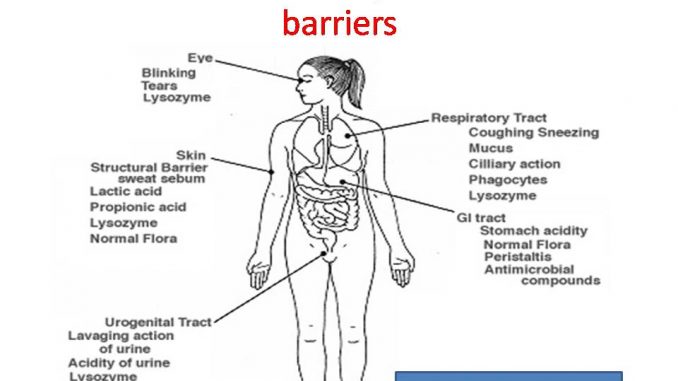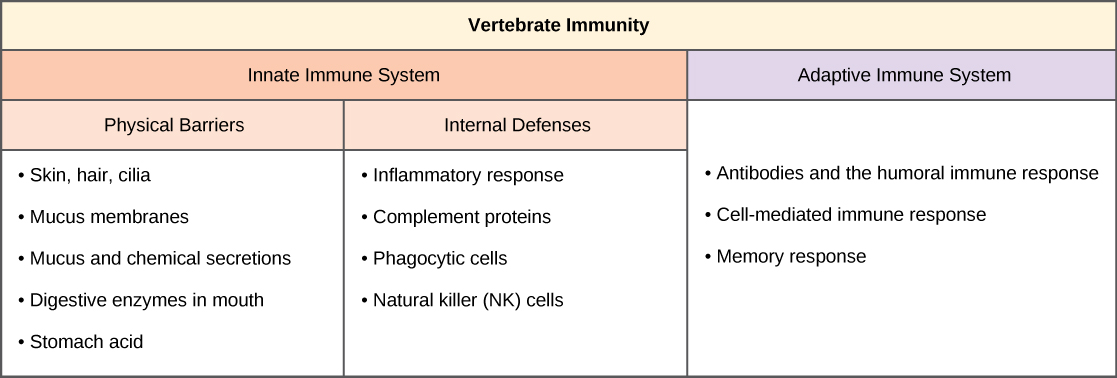Immune System Definition Zoology

Adjuvants can act as a depot for the antigen presenting the antigen over a longer period of time thus maximizing the immune response before the body clears the antigen.
Immune system definition zoology. The immune system defends our body against invaders such as viruses bacteria and foreign bodies. Adjuvants can act in various ways in presenting an antigen to the immune system. The white blood cells are a key component. Aristotle is called father of zoology as well as biology.
It is evolutionary advantageous for an organism to develop a better and faster secondary immune response to pathogen which is harmful and which it is likely to be exposed again in vertebrates immune memory is based on adaptive immune cells called b and t lymphocytes which provide an enhanced and faster immune. Resistance of the body against a pathogen or disease. The system includes the thymus spleen lymph nodes and lymph tissue stem cells white blood cells antibodies and lymphokines. Zoology study of various aspects of animals.
Definition noun the organ system that is involved in protecting the organism from infection infestation and other potential harm from the presence of foreign non self bodies supplement an organ system sometimes simply system is a group of organs that work together to carry out a particular task. Immune system definition is the bodily system that protects the body from foreign substances cells and tissues by producing the immune response and that includes especially the thymus spleen lymph nodes special deposits of lymphoid tissue as in the gastrointestinal tract and bone marrow macrophages lymphocytes including the b cells and t cells and antibodies. Here list of glossary of zoology terms and definition. Immunologic adjuvants are added to vaccines to stimulate the immune system s response to the target antigen but do not provide immunity themselves.
It is an antigen independent non specific defense mechanism that is used by the host immediately or within hours of encountering an antigen. The innate immune response has no immunologic memory and therefore it is unable to recognize or memorize the same pathogen should the body be exposed to it in the future. Immune system definition a diffuse complex network of interacting cells cell products and cell forming tissues that protects the body from pathogens and other foreign substances destroys infected and malignant cells and removes cellular debris. System of body which prevent the body fromdiseases and cancer is calledimmune system.
Botany study of different aspects of plants. Here we explain how it works and the cells organs. The immune system in a broad sense is a mechanism that allows a living organism to discriminate between self and non self examples of immune systems occur in multicellular organisms as simple. Immunity is the ability of an individual to resist against diseases and allergy.


















